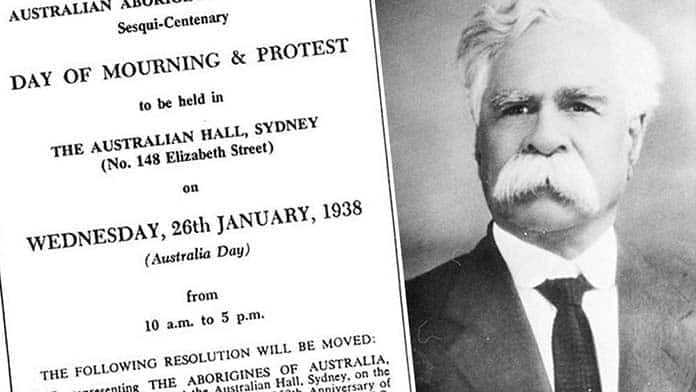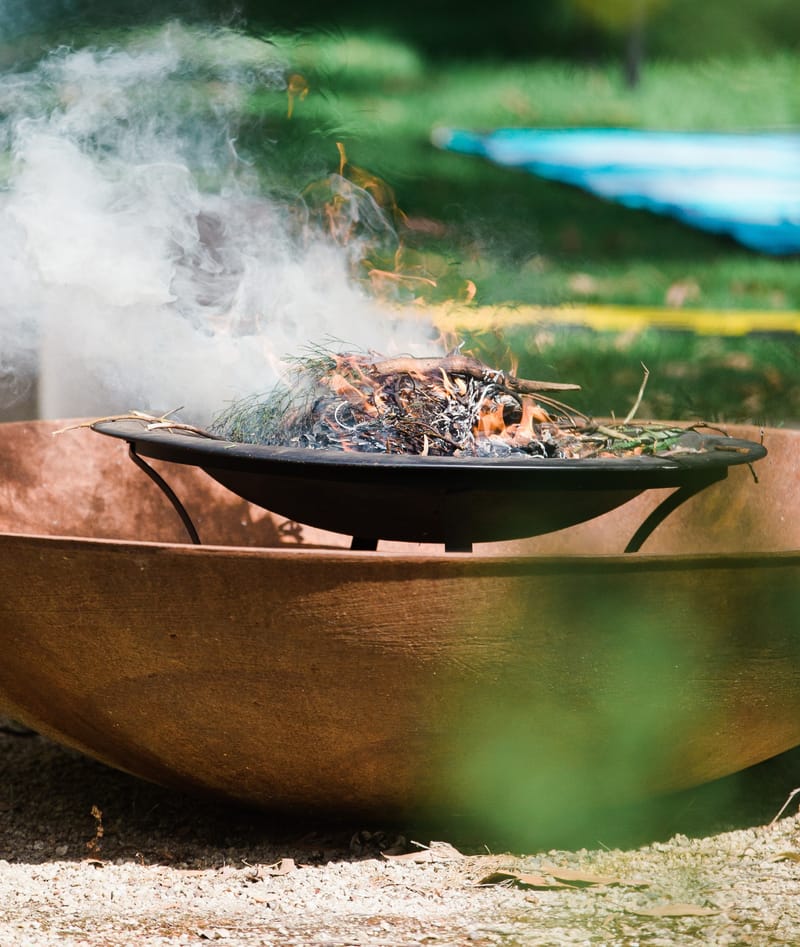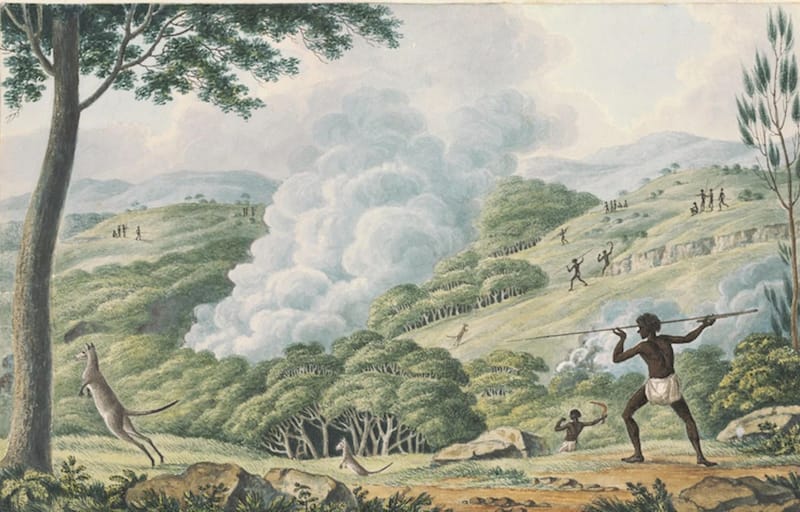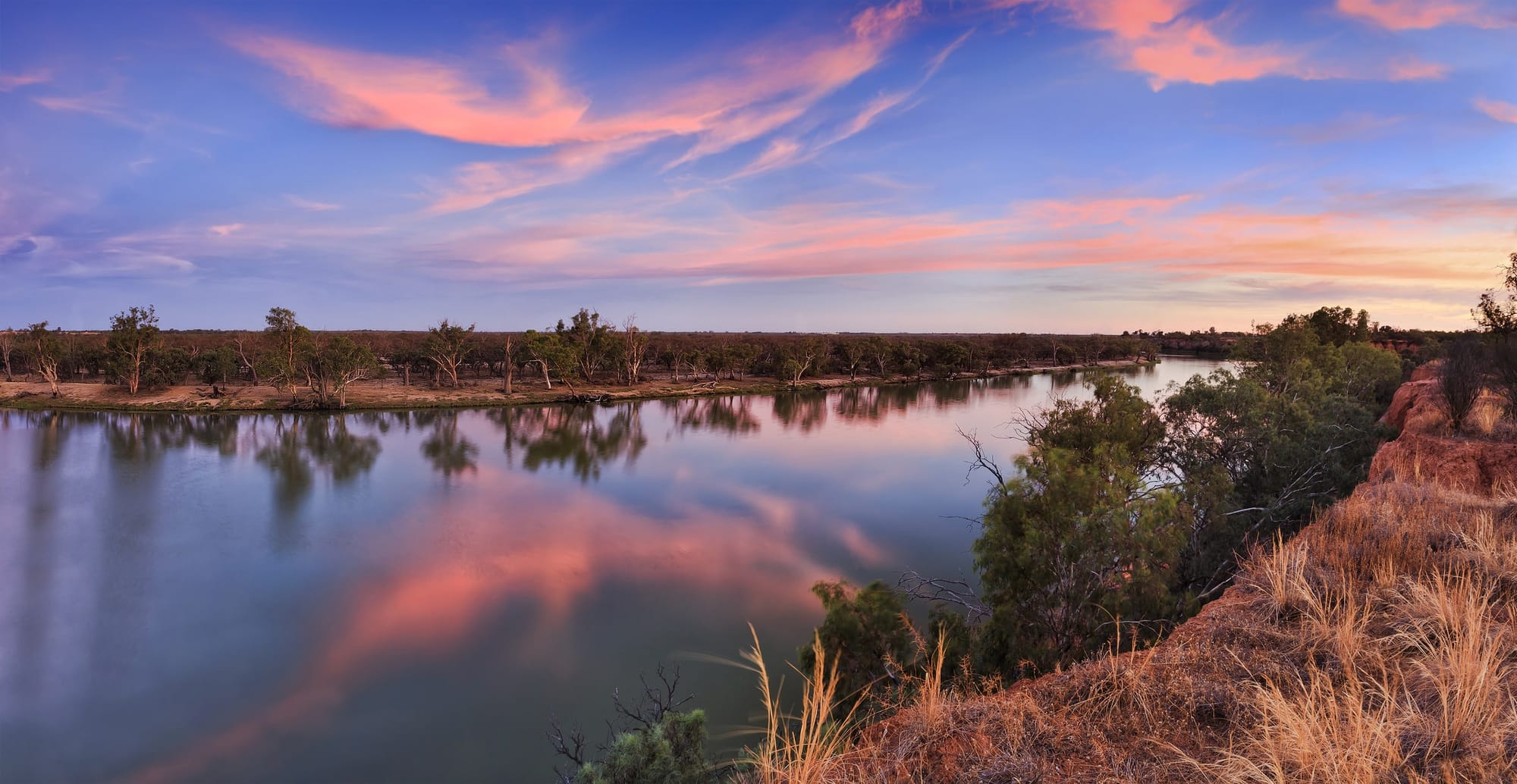
This year marks 30 years since the Mabo decision, in which the High Court of Australia rejected the legal fiction of terra nullius – the idea that this continent was empty land belonging to no one prior to 26 January, 1788.
The decision wouldn’t have been possible without the Mer community and its determined leadership. However, the colonial project this legal fiction enabled is still driving Australia’s relationship with water.
The concept of terra nullius was inherent in Governor Bourke’s 1835 proclamation meaning that “all people found occupying land without the authority of the government would be considered illegal trespassers”.
As well as alienating Indigenous peoples from their laws, customs and custodial obligations to Country, the proclamation had the effect of making the Crown the sole authority to allocate land and water rights.
The Mabo decision, and subsequent Wik decision, affirmed what First Nations peoples knew to be true – that they have a unique connection with the land that survives today – and reflects the maturing of the Australian legal system, and obligations under international law.
Water issues largely untouched
While these decisions have had positive impacts on land tenure and management, First Nations’ connections extend beyond land to Country. Water is a significant element of the complex relational web between humans, the more-than-human, and other entities that form Country.
The custodianship, management and science of water has remained largely untouched by the Mabo or Wik decisions. The current colonial water arrangements continue to operate as if water was “belonging to no one” prior to 1788, a reality that finds expression in the term aqua nullius.
But as with land, there were people holding and practising custodial responsibilities to water. Even as First Nations peoples celebrate the 30th anniversary of the historic Mabo case, aqua nullius remains active in the formation of water science, law, policy and practice, effectively silencing First Nations water knowledge, rights, governance and practices.
Read more: Tapping into Aboriginal knowledge to create a water-resilient future for Australia’s cities
Unlike the separation of land and water found in current water legislation and policies, First Nations ways of being don’t separate the two. Even though First Nations peoples’ connections to land are now legally well-established, their connections to water are not, legally or socially.
This situation is reflected in one description of aqua nullius as a structural “omission of Indigenous peoples’ water rights and interests”.
A clear consequence of this omission is that the power and profit associated with water remains firmly in the hands of colonial authorities, institutions, and non-Indigenous peoples. First Nations peoples are unable to express their sovereign rights to water, participate fully in water debates, or reap the associated social, political or economic benefits.
Further, and critically, aqua nullius inhibits elevating First Nations health, strengthening wellbeing, spiritual and cultural connections to Country, and achieving self-determination.
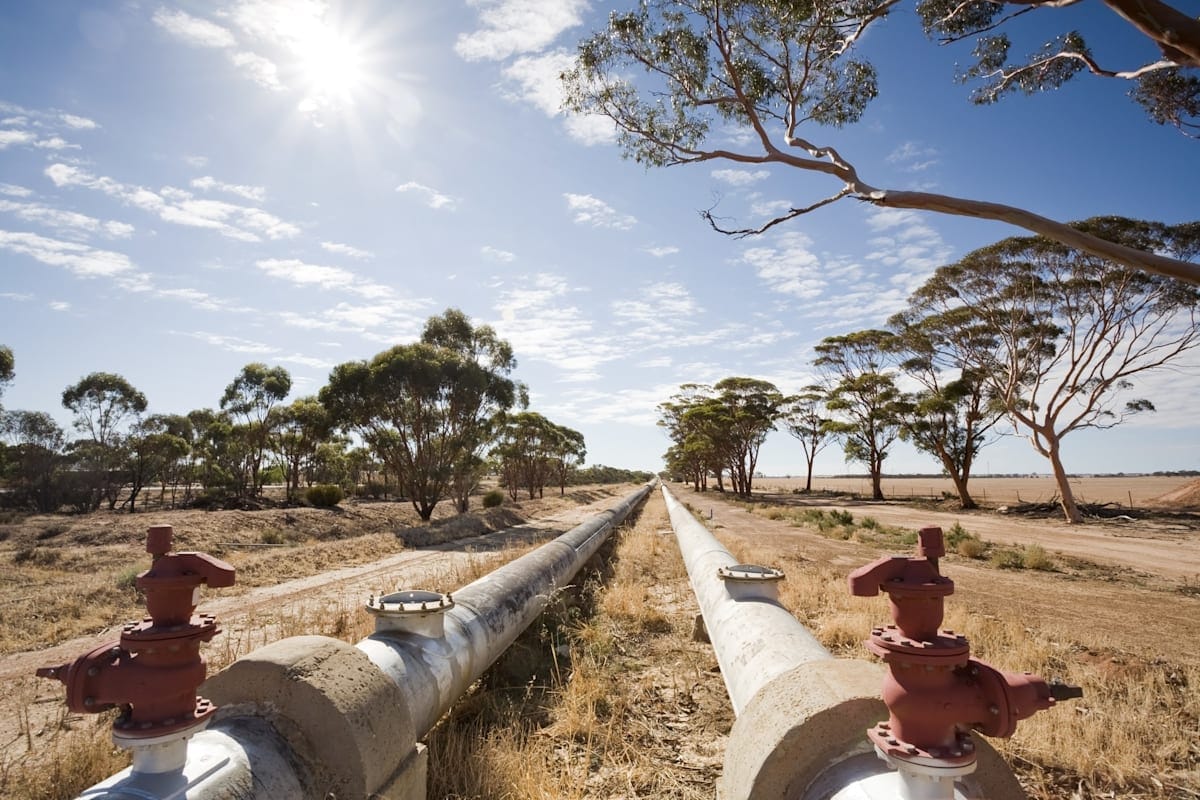
Expertise and knowledge excluded
This structural exclusion of First Nations peoples necessarily dismisses the cultural value of water as “sacred and living (as well as carrying other values) and necessary for survival”, but also the deep expertise and sophisticated knowledge Indigenous peoples’ hold about rivers and water that has been developed and used over millennia.
Some progress has been made in recent years to enhance Indigenous participation in the multi-layered water management and environmental protection frameworks in Australia, including designated positions on statutory bodies, consultation rights, and requirements to consider Indigenous cultural values and uses of water in decision-making, as well as a limited range of access and use rights.
Commercial and economic rights, however, remain elusive in much of Australia. Broadly speaking, progress has been slow, complex, and lacks consistency.
Treaty-making has the potential to play a transformative role in the custodianship of water.
First Nations peoples have repeatedly sought to reclaim sovereign rights to water, or at least be given a place in the water sector commensurate with their unique place in modern Australia.
Efforts include the Echuca and Martuwarra/Fitzroy River declarations, legal action such as the Blue Mud Bay and Hindmarsh Island cases, and protests against and participation in government consultation processes such as the Wyangala Dam expansion on the Galari/Lachlan River.
Transforming how water is understood
First Nations peoples are not of one mind or perspective, yet there are a number of ways Indigenous values, knowledges and expertise could transform how water is understood, and how scientific and management practices are applied across the driest inhabited continent globally.
These may include:
- Indigenous-led decision-making regarding science, law and governance in the water sector, including for allocations and domestic services
- using place-specific Indigenous frameworks and methods
- reconnection of water and land in policy and economic frameworks, reflecting First Nations ways of being and valuing
- increased capacity to build resilience of people and place in the face of climate change
- water justice for First Nations peoples.
To deny First Nations peoples’ rights and expertise through the ongoing adherence to, and application of, aqua nullius is a violation of First Nation rights, and contrary to a human rights approach.
Aqua nullius ultimately threatens the water security of all Australians, challenging the UN sustainable development goal of water and sanitation for all.
Transformations flowing from the prioritisation of Indigenous values, knowledge and expertise culminate in the reconnection of water and land in policy and economic frameworks, reflecting the indivisible nature of Country.
Further, this reconnection is vital for water justice and sovereignty in the contemporary water sector.



